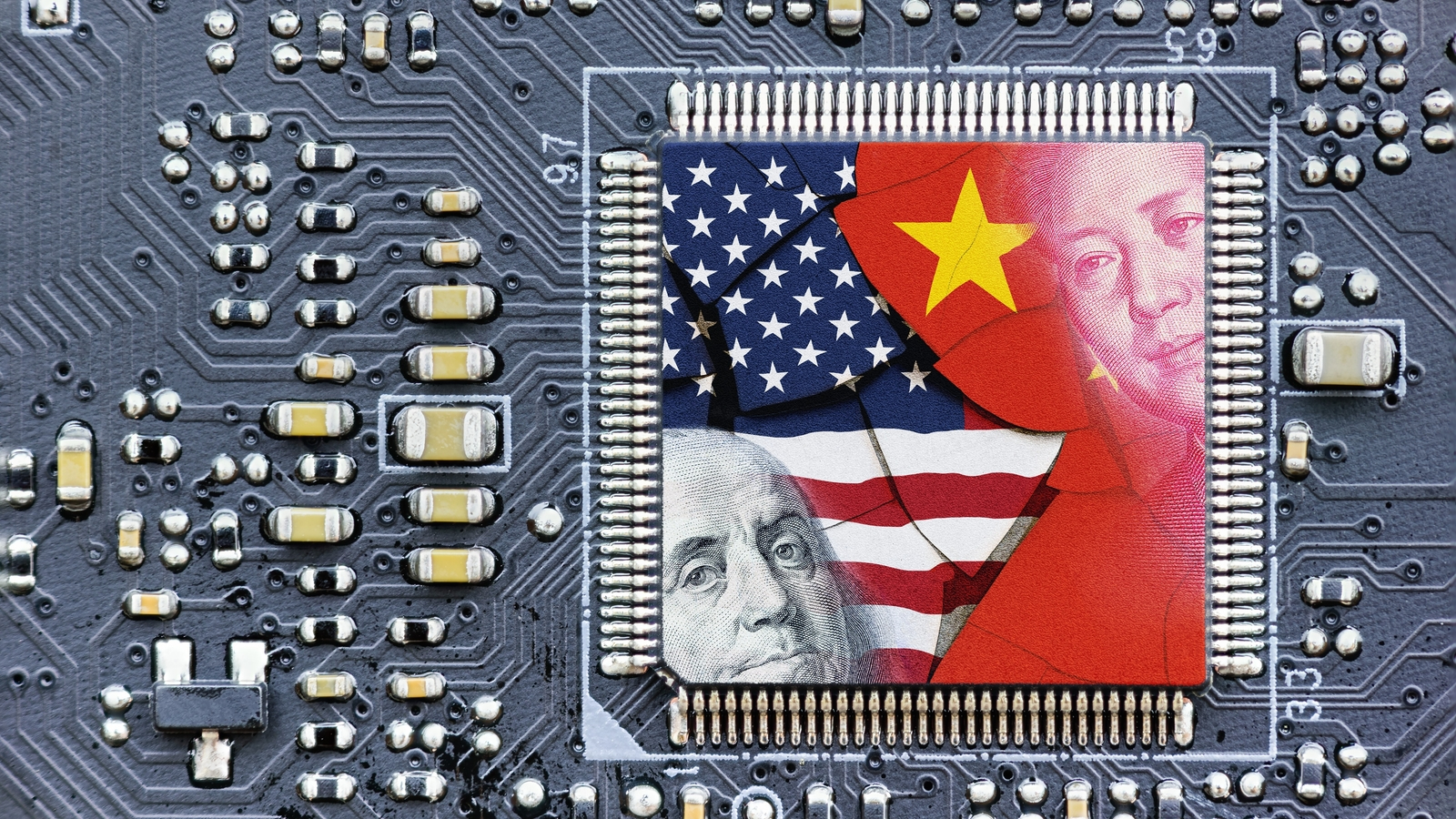Intel responds to China's call for an investigation into chip failures and potential backdoors — chipmaker says it ‘always prioritized product safety and quality’
Is this an actual concern about Intel's products? Or a geopolitical move designed to rattle the White House weeks before a presidential election?

Intel China (via Reuters) has countered the accusation that the Cyber Security Association of China (CSAC) hurled at it, saying it has always prioritized product safety and quality. The CSAC’s complaints come after Intel has had several setbacks, including the instability of Raptor Lake and Raptor Lake Refresh chips, some recently discovered security vulnerabilities, and its massive $1.6 billion loss that led to a huge layoff and cutbacks in spending and investments.
Intel China said on its WeChat account, “We will maintain communication with the relevant authorities, clarify any concerns, and reaffirm our commitment to product safety and quality.”
The CSAC points out that Intel’s processors have cybersecurity vulnerabilities and high failure rates, and it also said its chips have backdoors that China’s adversaries (i.e., the U.S. and its allies) could use to spy on it. CSAC's vulnerabilities include GhostRace and Indirector, which were discovered by security researchers earlier this year. However, the former doesn’t exclusively affect Intel; other processors (and even platforms, like Arm) are affected. On the other hand, the latter vulnerability has since been addressed with a mitigation that will protect most users.
The high failure rate issue Intel is accused of likely pertains to instability that caused 13th and 14th Generation Intel Core chips to ask for elevated voltages, eventually frying the affected chips. But Intel has already fixed this with the 0x12b microcode patch released to motherboard manufacturers. It even extended the warranty on select processors, giving users a five-year guarantee instead of the usual two. And, if your Intel CPU has died because of this issue, you could RMA it and get a new chip — with some users reporting getting a later model as a replacement. Additionally, the backdoor accusation has never been proven, with security researchers not finding proof of this allegation.
Nevertheless, it seems that Intel isn’t taking this lightly. After all, China comprises about a quarter of its global revenues. With its current financial situation, losing access to the country would be a critical blow to the chipmaker, especially as it is also contending with righting the ship after its recent disastrous earnings call. It’s not all dreary news for Team Blue, though, as it's set to receive its $8.5 billion CHIPS Act award later this year or early 2025.
Furthermore, Intel has also been awarded $3 billion for the Secure Enclave chips that will power the Pentagon’s future. These numbers make Intel the biggest recipient of U.S. federal investment money in the semiconductor industry. With the growing tension between China and the United States, the CSAC’s announcement is likely a move that Beijing made to rattle Washington’s cage, especially as it is heading into a hotly contested presidential election in just a few weeks. After all, the White House has made several moves to limit China’s access to the latest chips, so threatening Intel’s access to its largest market might signal that Beijing is pushing the next administration to back off a little from sanctions.
At the moment, neither Intel nor the Cyberspace Administration of China (CAC), the governing body that reviews the cybersecurity of digital products, has commented on the situation. However, the CAC can stop the sale of chips and other related products. For example, it banned key infrastructure players in China from using Micron products because of a failure in its network security review. Theoretically, it could do the same to Intel, but we don’t expect any drastic moves until after the next U.S. president gets inaugurated in January.
Get Tom's Hardware's best news and in-depth reviews, straight to your inbox.

Jowi Morales is a tech enthusiast with years of experience working in the industry. He’s been writing with several tech publications since 2021, where he’s been interested in tech hardware and consumer electronics.
-
Murissokah ReplyIs this an actual concern about Intel's products? Or a geopolitical move designed to rattle the White House weeks before a presidential election?
Probably a mix of actual security concerns and geopolitical trade wars. Election has much bigger stakes than Intel.
However ironic it may seem, China does have reasons to be worried about threats to national security from US suppliers, in the form of risking surveillance and foreign espionage. For similar reasons the US chose to avoid Huawei. -
Sluggotg This is more posturing by the Communist China Government. They throw out random unfounded accusations to influence the weak minded.Reply
They are trash talking Intel so they can promote their domestic CPUs. There are no back doors in Intel CPUs. It looks more like some Oligarchs looking for a kickback. -
jed351 Reply
The original "report" was even saying Intel was taking an unfavorable stance (from the CCP POV) in Uyghur issues.Sluggotg said:This is more posturing by the Communist China Government. They throw out random unfounded accusations to influence the weak minded.
They are trash talking Intel so they can promote their domestic CPUs. There are no back doors in Intel CPUs. It looks more like some Oligarchs looking for a kickback.